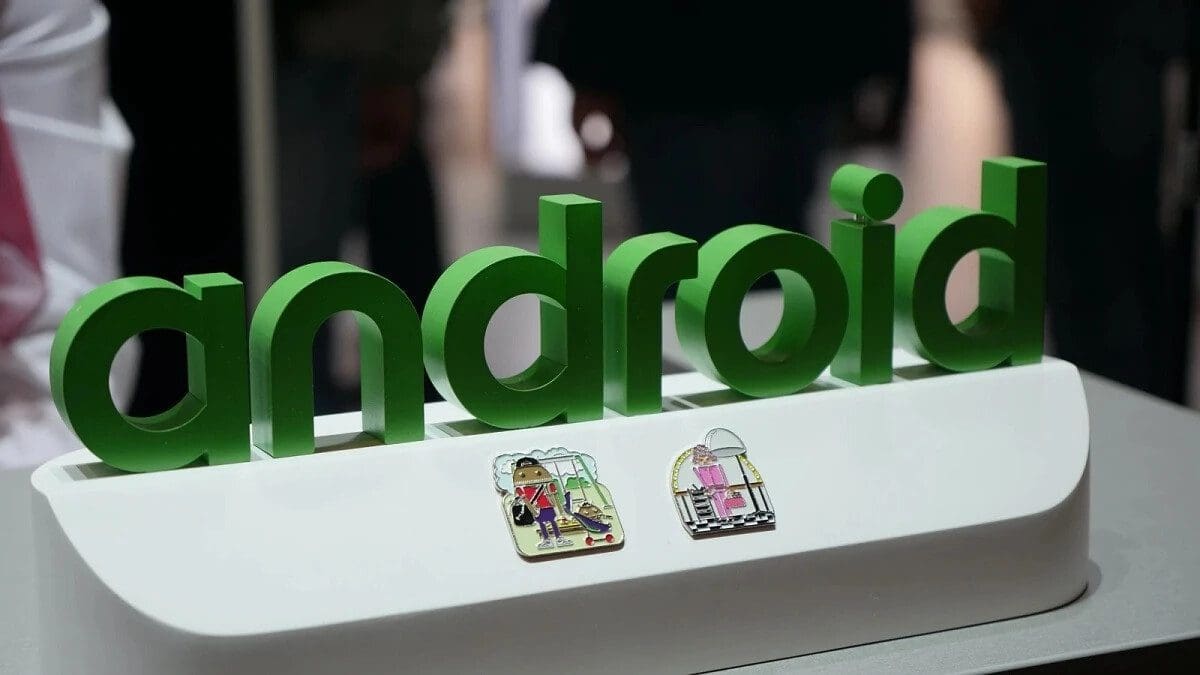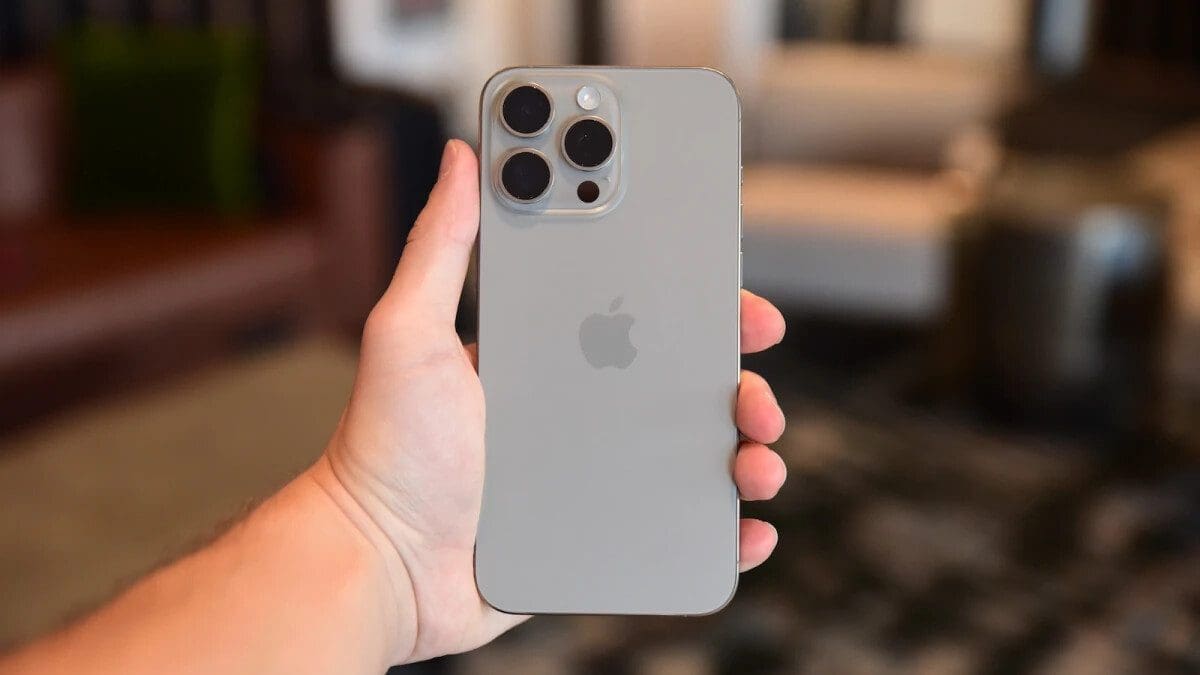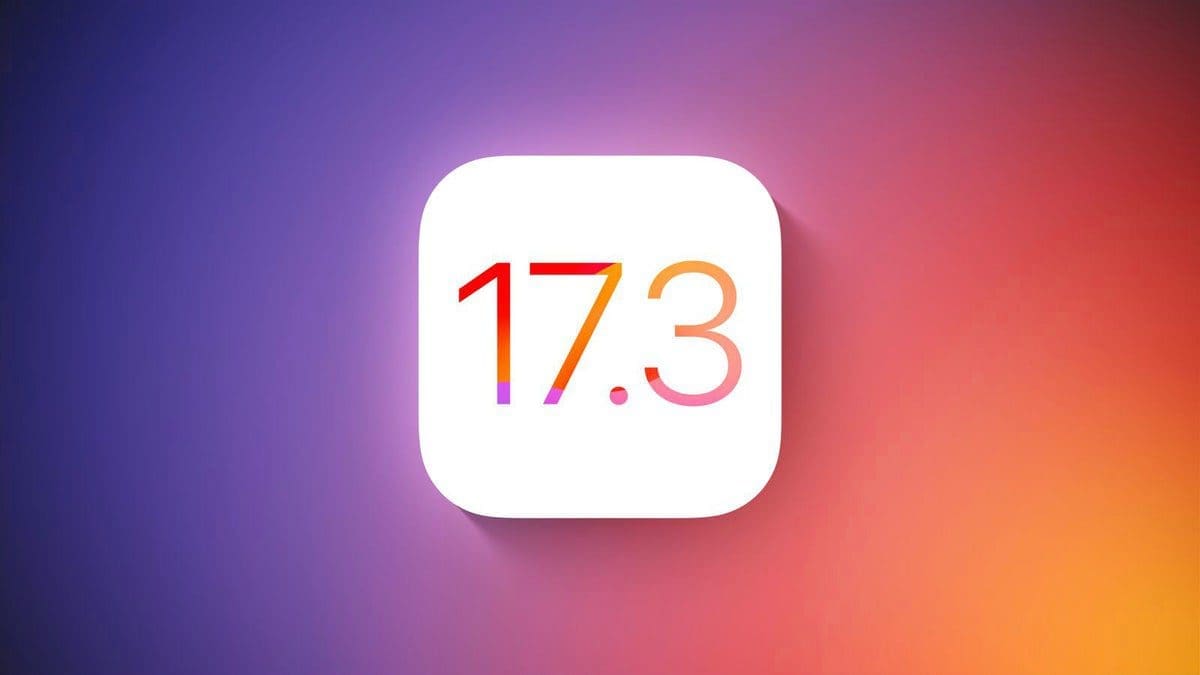The U.S. v. Google antitrust trial has recently been focusing on the billions of dollars in search revenue sharing that Google pays out to various Android phone manufacturers and wireless carriers. This money is intended to help the Android ecosystem remain innovative and competitive against Apple’s iOS and the iPhone.
Jamie Rosenberg, a part-time Googler, testified on the stand that the competition between Google and Apple is incredibly intense, despite the large sums of money that Google pays to Apple to be the default search engine on Safari. Rosenberg emphasized that these deals do not reflect a strong friendship between the two companies.
By sharing its search revenue with companies like Samsung and Verizon, Google ensures that these firms have the resources to promote and support Android products. This funding can be used for purposes such as costly security updates. Rosenberg explained that Google wants its partners to have similar incentives and views revenue sharing as a mechanism for this.
Regarding the Justice Department’s argument that Google does not need to make these revenue share payouts, Rosenberg stated that the Play Store revenue cannot be used to fund the Android ecosystem. He emphasized Google’s commercial interest in seeing Android succeed because of the Play Store.
Google has made changes to its revshare payouts to wireless carriers by reducing them, as the previous payouts did not provide carriers with sufficient incentives to sell more Android phones. The company will now pay carriers less in revenue sharing and more if they sell larger numbers of Android phones.
In 2020, Google split its revenue-sharing deal with Samsung into three parts focusing on search, services, and marketing. During his testimony, Rosenberg admitted that the marketing agreement required Samsung to use Google as its default search engine.
Despite these deals, Rosenberg emphasized that they all have the same goal of making Android devices more competitive with iOS.










